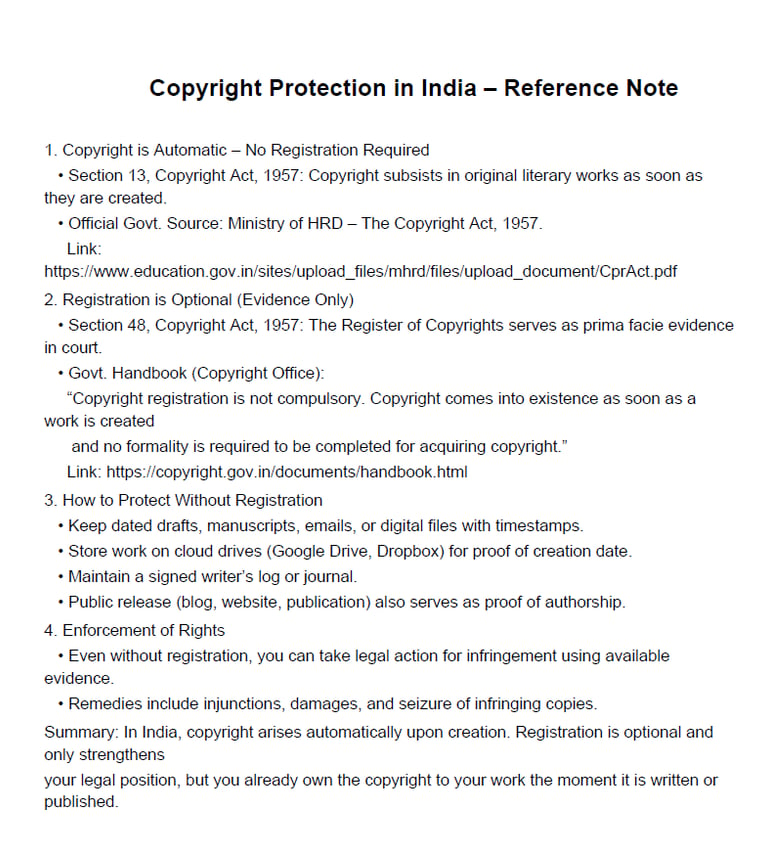The Maṇḍala Council—Part One
The Dawn of the Great Ordeal
Voices of realms gather, weaving judgment upon the fabric of survival.
Mahāmoh-vināshinī smiled faintly. “These chronicles bear witness to Vishwavyoma and Śūnyāntarā–Nidrāprabhā, whose intertwined fates lead them through The Great Ordeal of the Ten Paths. Through lifetimes Vishwavyoma tested the breathing walls of the Ordeal, finding subtle resonances. He shaped them into whispers that traveled beyond. I heard him, and so did Lord Pralayānand and then Viśhvakalp-dhārin. But no hand could unmake the seal. At last, the whisper reached the one he most hoped for—Ayonijā, bearer of the Panchapragya.” She inclined her head toward Ayonijā. “Perhaps your keys will fit the lock where others have not.” Rāvananta Vajramukha was eagerly waiting for her reply when he asked about the efforts Vishwavyoma made to call beyond that prison.
The Vajrasaundarya Maṇḍala shimmered like the heart of a star caught in stillness—its concentric rings of crystal-light rotating slowly, every facet reflecting the seven directions of existence. Within this sanctum, time felt as if it bent to the will of those gathered. Six figures sat in a half circle upon cushions woven from threads of moonlight and meteoric fire: Ayonijā Vajriṇī, Rāvananta Vajramukha, Mahāguru Anantshakti, Queen Yakṣhirā, Rudraveena, and Maṇimālā Vajramayi. Before them, across the open span of the inner circle, stood three presences that were less bodies than emanations—Lord Pralayānand, robed in the calm of collapsing suns; Maa Mahāmoh-vināshinī, whose voice was the undoing of illusions; and Lord Viśhvakalp-dhārin, whose eyes seemed to hold all possible futures like constellations drifting. They had come not to pronounce judgment, but to answer the questions burning in the hearts of the council. The air carried the faint scent of sandalwood and rain on distant mountains. The Vajrasaundarya Maṇḍala listened, for it too was alive.
Ayonijā asked in her contemplative tone. “Without manipulation or the games of power, what bound them together?” Pralayānand replied, “The futility of hostility. With no armies to command and no lands to defend, they found quarreling as senseless as arguing with a shadow. Centuries taught them that companionship, however unlikely, was better than silence.” Mahāguru Anantshakti stroked the silver in his beard. “And why was she,” he nodded to Ayonijā, “and the Panchapragya, the most promising hope?” Lord Viśhvakalp-dhārin answered. “Because the Panchapragya is not a weapon but a harmony of fivefold wisdom. The Ordeal does not yield to force; it opens to those whose essence resonates with its trials. Vishwavyoma believes she carries such resonance. And moreover it is just a thought that we can test.” Maṇimālā Vajramayi’s golden bracelets chimed as she leaned forward. “But within the Ordeal, stripped of all powers, how did they fashion anything like a home?” Lord Viśhvakalp-dhārin chuckled softly. “By shaping the space between trials with imagination. Gardens of illusion, rivers without water, skies that existed only in thought. They sat beneath phantom branches heavy with soul-fruit, walking paths that no other could see. Thus, they lived not as prisoners but as gardeners of an unborn world. However Ordeal responses to everyone differently.” Maṇimālā Vajramayi’s eyes shone with curiosity. “And if—when—they are freed, what then?” Lord Viśhvakalp-dhārin’s answer was like the unfolding of a scroll. “They would step back into the galaxy not as a destroyer and a defender, but as planters of orchards in the dark—keepers of a covenant born from centuries of patience. They would carry the memory of the garden between stars into every world they touched.” Mahāguru Anantshakti’s eyes gleamed with memory. “What of their old battles? Were they still barbed in memory?” Viśhvakalp-dhārin smiled. “No longer. She recalls his unyielding sieges; he recalls her armies’ shadowed maneuvers. The sharpness has worn smooth, like stones tumbled in a river. Sometimes they laugh at the futility of it all.” Ayonijā Vajriṇī leaned forward, her gaze unwavering. “Tell us,” she asked, “how does the timeless nature of the Great Ordeal shape the way Vishwavyoma and Śūnyāntarā–Nidrāprabhā feel the centuries passing?” Lord Pralayānand closed his eyes. “The Ordeal has neither dawn nor dusk, yet it breathes. They measure centuries not in years, but in the rhythm of thought, in the weight of silences. The first age between them was all distance. The second, an exchange of sparse words. By the third, speech flowed without the counting of hours. In the absence of sun and moon, it is the tide of their understanding that marks time.” Rāvananta tilted his head. “And yet, did the Ordeal itself shift under their presence? Did it grow harsher or more merciful?” Maa Mahāmoh-vināshinī shook her head. “It remained as it was before. Their presence neither sharpened nor softened it. The ordeal is a seed, holding its charges until the right soil—an external challenger—appears.”
Queen Yakṣhirā adjusted the fall of her jeweled sleeve. “I wish to know—how did centuries within the Ordeal change his view of her… of the Pishachas’ feeding?” Pralayānand’s voice was gentle. “He came to see it as no more wicked than breathing—soul consumption for them is sustenance. And so, in the space between them, he conceived of the ‘Trees of Endless Souls,’ grown rather than stolen. She agreed and promised that both of them would plant them in her galaxy. In this, their enmity began to turn to covenant.” Queen Yakṣhirā’s voice was warm, almost wistful. “Describe the vision of the soul-orchards they made together.” Pralayānand’s gaze turned inward. “Roots drinking from the radiance of dying stars, fruits ripening with the song of a willing soul. Orchards adrift between galaxies, tended by Pishachas who had learned stewardship over hunger. In these visions, they walked side by side—not warden and captive, but gardeners.” Rudraveena, her fingers resting lightly on the neck of the veena in her lap, spoke as if plucking a string. “And these trees—what is their true meaning? How might they change the weave of the worlds?” Maa Mahāmoh-vināshinī’s eyes deepened. “They are the seed of peace. If planted, no Pishacha need hunt another soul; hunger would be fed by the orchard. The fear between their kind and others could dissolve like mist. It is a vision in which even enemies might share the same harvest.”
The circle grew silent. The Vajrasaundarya Maṇḍala’s slow rotation seemed to pause, as though even the crystal rings held their breath. Ayonijā looked from one divine presence to another. “Then it is true—they wait for a footstep.” Pralayānand inclined his head. “Perhaps yours.” The six council members exchanged glances. Somewhere in the vast weave of existence, beyond labyrinth gates and breathing walls, two souls tended an invisible orchard. The Maṇḍala’s light fell over them like a blessing, and it seemed like the questions had found their answers.


